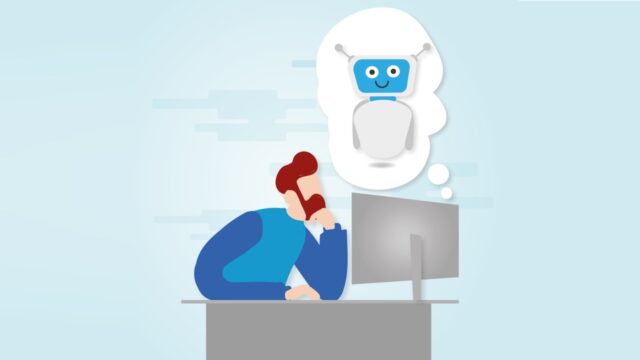misinformation
-
Artificial intelligence

Algorithms are pushing AI-generated falsehoods at an alarming rate. How do we stop this?
Researchers call for three steps to help protect against the risks of generative AI in combination with disinformation.
-
Brain power

Even experts struggle to tell which social media posts are evidence-based. So, what do we do?
We need a better approach for communicating research on social media.
-
Brain power

How best to correct scientific misinformation
Strategies exist to rectify misinformation, provided that obstacles are duly acknowledged and circumvented.
-
Artificial intelligence

We’re not very good at telling when text has been written by AI
People cannot detect AI-generated text as their judgment is misguided by intuitive but flawed heuristics.
-
Brain power

How we can better detect misinformation
Offering positive incentives to overcome the perverse incentives to share misinformation online.
-
Brain power

Three reasons why disinformation is so pervasive and what we can do about it
Disinformation is a plague infecting all forms of media. But efforts to control it abound, and Wikipedia is a good…
-
Artificial intelligence

AI tools are generating convincing misinformation. Engaging with them means being on high alert
AI tools are now generating content that’s difficult to distinguish from reality. Fact-checking is our main defence.
-
Brain power

Signalling the credibility of news sources does little to dampen spread of misinformation
Exploring the impact of NewsGuard browser extension “shield” symbols on behavior.



